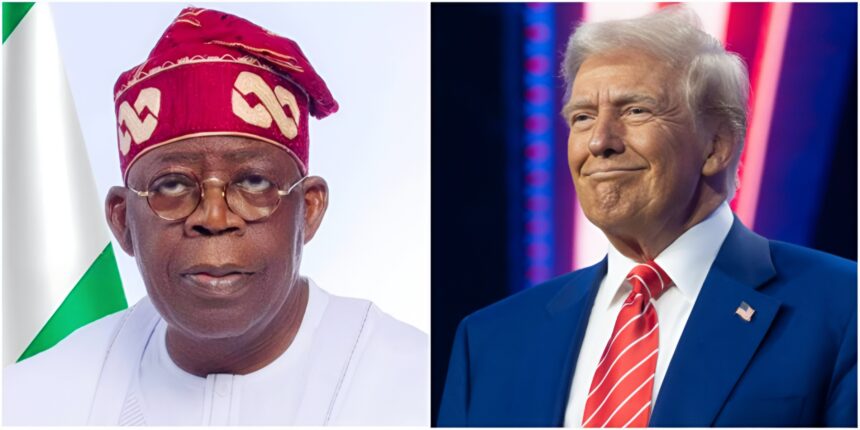The Federal Government of Nigeria has called on the United States to reconsider its recent imposition of stringent U.S. visa restriction, effective July 8, 2025.
The U.S. visa restriction limit most non-immigrant and non-diplomatic visas for Nigerian citizens to three months with single-entry access.
The U.S. Government had announced that its decision is rooted in its visa reciprocity policy.
However, in a reaction to the policy, the Nigerian Ministry of Foreign Affairs, through spokesperson Kimiebi Ebienfa, voiced deep concern, asserting that the U.S. visa restrictions place an undue burden on Nigerian travelers, including students, business professionals, and tourists.
Ebienfa also asserted that the policy seems “misaligned with the principles of reciprocity, equity, and mutual respect.”
The statement reads in part: “The attention of the Federal Government of Nigeria has been drawn to the recent decision by the United States Government to revise its visa reciprocity schedule for Nigerian citizens, limiting the validity of non-immigrant visas, including B1/B2, F, and J categories, to three months with single entry.
“The Federal Government views this development with concern and keen interest, particularly given the longstanding cordial relations and strong people-to-people ties between our two countries.
“The decision appears misaligned with the principles of reciprocity, equity, and mutual respect that should guide bilateral engagements between friendly nations.”
According to the statement, the policy change would have a broad impact on Nigerians, affecting students seeking education in the U.S, professionals involved in legitimate business, and families visiting loved ones.
The government emphasised that the restriction could hamper cultural and educational exchanges that have long been a foundation of US-Nigeria relations.
“While acknowledging the sovereign right of every country to determine its immigration policies, Nigeria respectfully urges the United States to reconsider this decision in the spirit of partnership, cooperation, and shared global responsibilities.
“Diplomatic engagements are ongoing, and the Ministry of Foreign Affairs remains committed to pursuing a resolution that reflects fairness and upholds the values of mutual interest,” Ebienfa noted.





